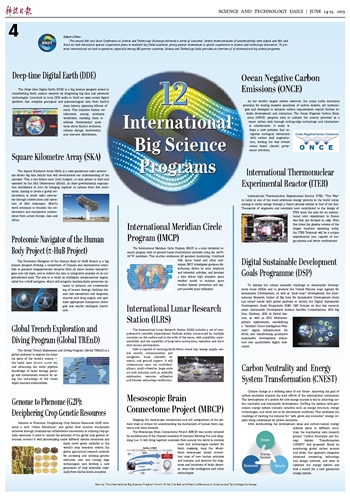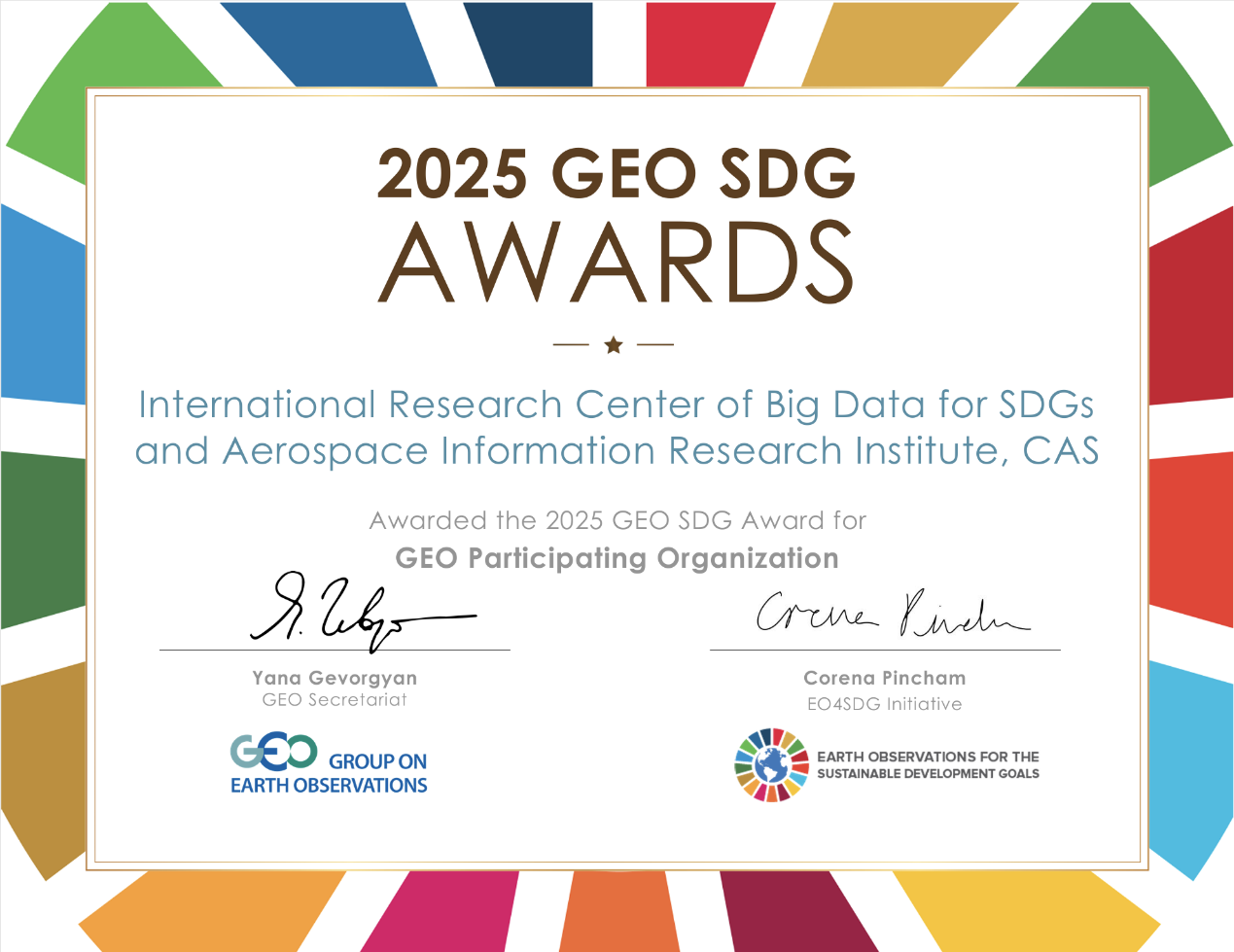News
-
Chengdu Declaration unveiled at the 9th Digital Belt and Road Conference (DBAR 2025)"Chengdu Declaration on Digital Empowerment for Sustainable Development: A Decade of Action" (Chengdu Declaration), proposing leveraging digital technologies to empower the sustainable development of the Belt and Road Initiative (BRI) with the aim of providing a roadmap for building an inclusive, resilient future was unveiled on the 9th Digital Belt and Road Conference (DBAR 2025) concluded successfully in Chengdu.07 07, 2025
-
Key Collaborative Agreement Signed for Powering Digital Sustainable Development Research between CBAS and ICIMODOn June 11, 2025, during the Second Belt and Road Conference on Science and Technology Exchange, the International Research Center of Big Data for Sustainable Development Goals (CBAS) and the International Centre for Integrated Mountain Development (ICIMOD) signed a Memorandum of Understanding (MoU) on joint scientific efforts for digital sustainable development research.06 30, 2025
-
SCIENCE AND TECHNOLOGY DAILY: 12 International Big Science ProgramsDigital Sustainable Development Goals Programme (DSP)06 19, 2025
-
CBAS Supports Workshop on SDG 15 Monitoring in Hindu Kush-Himalaya Region through International Cooperation Programs with ICIMODFrom 27 to 28 May 2025, the regional workshop titled “Advancing SDG 15 Monitoring in Bangladesh, Bhutan and Nepal using Earth Observation and Geospatial Technologies” was held in Dhaka, Bangladesh.06 08, 2025
-
CBAS receive 2025 GEO SDG Award for advancing SDG 15 through Big Earth DataThe International Research Center of Big Data for Sustainable Development Goals (CBAS), together with the Aerospace Information Research Institute (AIR), Chinese Academy of Sciences, have been honored with the 2025 GEO SDG Award for their groundbreaking work leveraging Earth observation (EO) technologies and big data analytics to support Sustainable Development Goal (SDG) 15: Life on Land. This marks the first time Chinese institutions have received this international recognition.05 09, 2025
-
【CHINADAILY】Digital Earth symposium opens in Chongqing with focus on SDGsThe 14th International Symposium on Digital Earth kicks off in Chongqing on Monday.05 06, 2025

